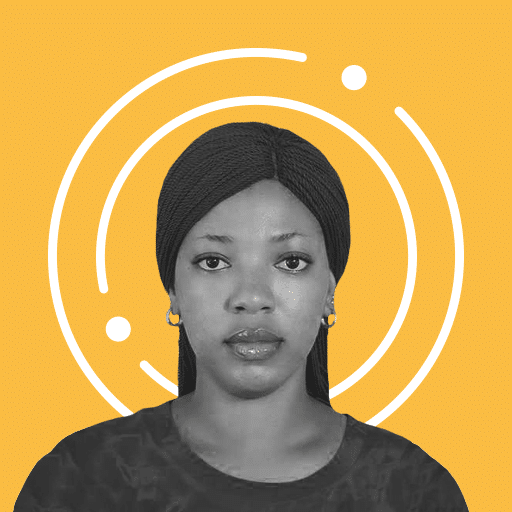Japan: University Professors Use Blockchain to Create Digital Court Mechanism

Hitoshi Matsushima, an Economics Professor from the University of Tokyo, and Shunya Noda, a Professor at the University of British Columbia’s Vancouver School of Economics have collaborated to develop a digital court by employing blockchain technology.
Economics Professors Integrate DLT for Digital Court
According to a publication by the University of Tokyo, on Monday (April 6, 2020), the Economics experts created a mechanism that used decentralized ledger technology (DLT) in settling legal disputes, without the use of traditional courts. Also, the digital court was built to make legal services cheaper, faster, and can be used in areas like business contracts, auctions, and sales.
Speaking on how the digital court works, Professor Matsushima Hitoshi said that the mechanism was created to punish parties who violate legal agreements. Hitoshi further said:
“On suspected violation of some agreement, those involved post their opinions to this digital court. The court algorithmically aggregates the parties’ opinions and judges who violated their agreement. If the digital court judges that a party violated the agreement, the party is fined by withholding a deposit made during the initial agreement.”
Although blockchain’s immutable record is used for the storage of agreements made between parties, most of the legal process occurs outside of the technology, which supposedly places the unique system at an advantage. The essence of minimizing the use of DLT is to reduce costs.
The publication also notes that blockchain has been painted in a bad light because it is decentralized, unregulated, and used for illicit activities. Hitoshi and Noda believe that their digital court mechanism could also have the same issue.
However, the researchers state that it is normal for emerging technologies to be met with challenges, but regulatory bodies and innovators can work together to find a lasting solution. Hitoshi further called for acceptance and exploration of the ground-breaking technology, rather than being ignorant.
Blockchain Technology Sees Increased Adoption Across Different Fields
This is not the first time, however, that blockchain technology is deployed in the legal sector. Back in April 2019, an online court in Beijing, China, used DLT in its legal proceedings, which reportedly produced commendable results.
Outside of the law industry, there has been an increase in the adoption of blockchain technology for different use cases across numerous industries. As reported by BTCManager recently, German car manufacturer, BMW, stated plans to adopt DLT for its supply chain.
Also, Swiss luxury watchmaker Breitling leveraged on blockchain to prove the authenticity of one of its limited-edition wristwatches, to combat counterfeiting. In Malaysia, the oil palm industry deployed DLT to ensure traceability and accountability in the palm oil supply chain.
In February 2020, IOST, in collaboration with Chinese authorities, launched a blockchain-powered charity platform that would ensure that donations made to help victims of the COVID-19 pandemic are transparent.
Argentina’s gas regulator also allowed the integration of DLT in the country’s gas distribution system, to replace the traditional paper method.













